Downton Abbey, Ellen And The Banality Of Evil
By being polite, we justify atrocity
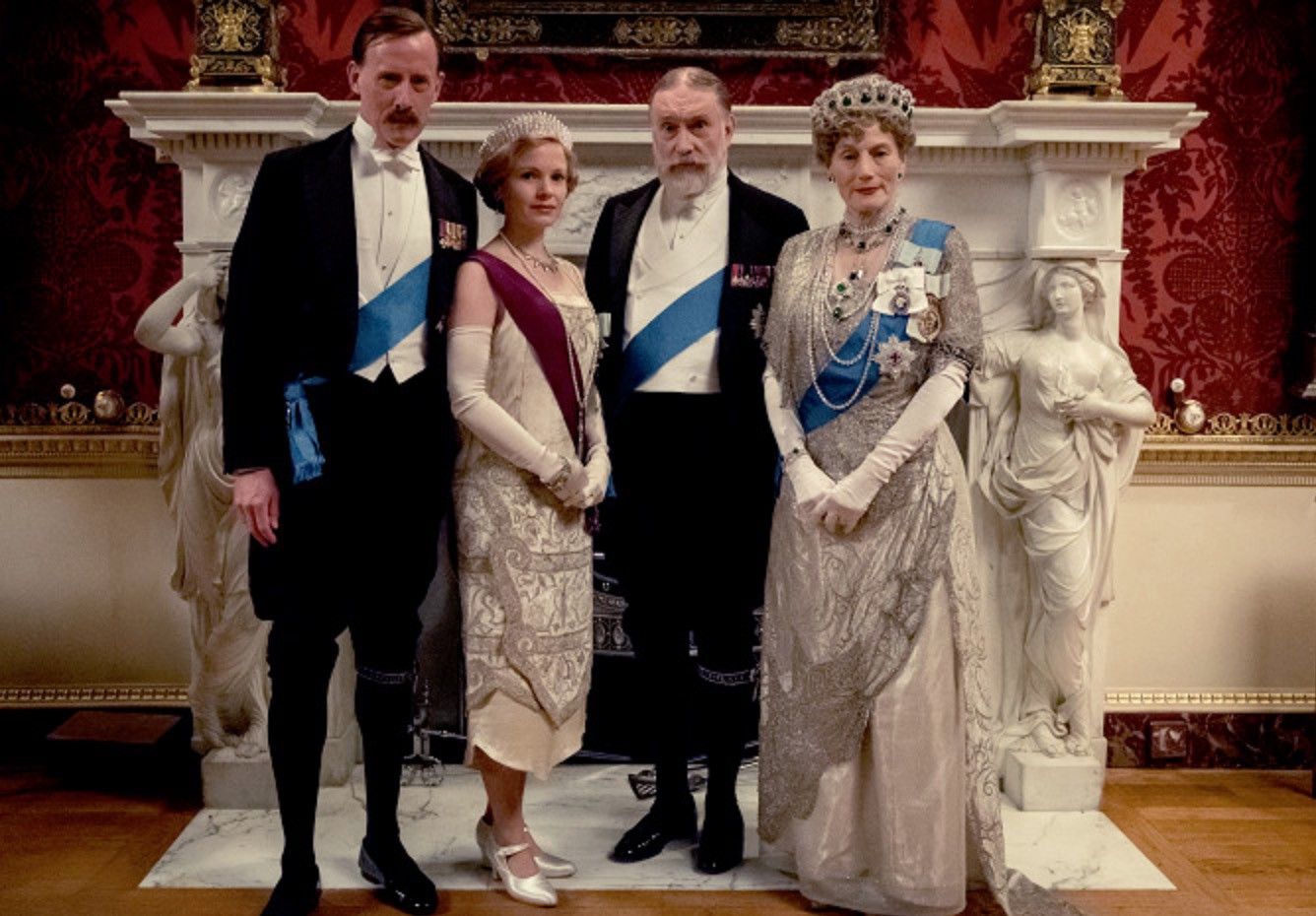
As I was watching the Downton Abbey film, I pictured the walls framed by bones, filled in with flesh, painted in blood. I enjoyed watching the characters, but the whole house is built on violence and theft. Politeness and ritual is what papers it all over, keeping you from seeing the fresh blood underneath.
I don’t intend this as a film criticism of Downton Abbey. This would be like criticizing a toffee. The people sitting behind us cheered as each character followed their predictable beats and I don’t begrudge them that. I was able to sit through a film without seeing a rape or murder and that’s a fine thing.
I am simply interested in the wallpaper of atrocity. The people and stories that we use to cover up the obscene.
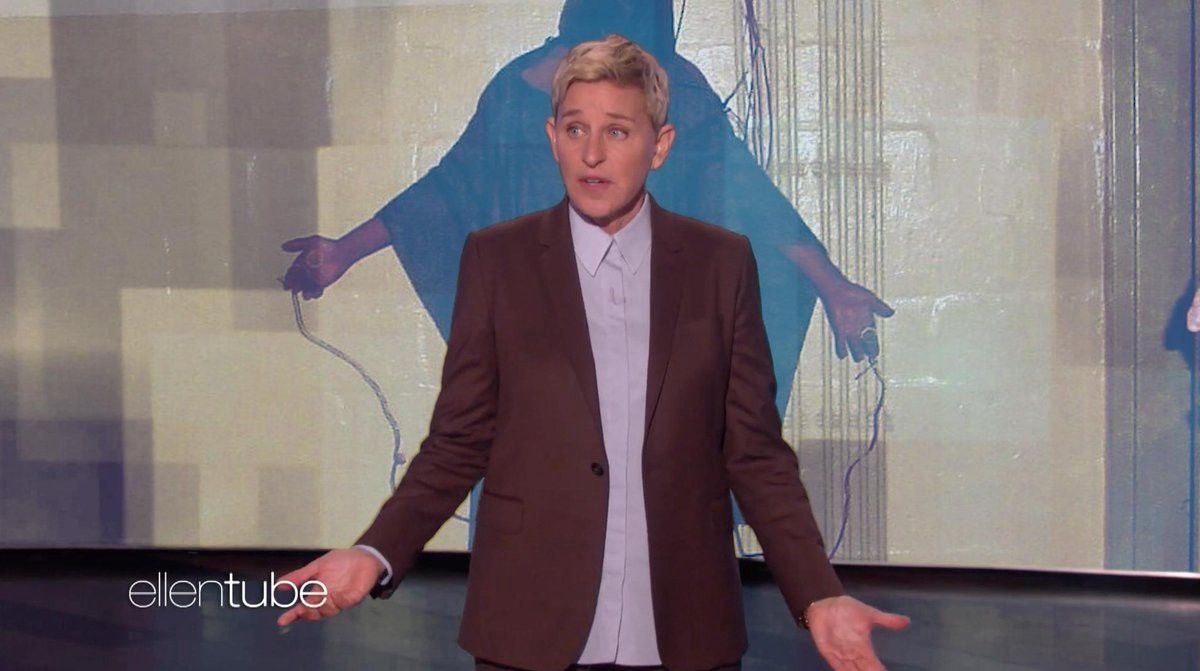
In the modern day, there’s a controversy about Ellen DeGeneres watching a match with the war criminal George W. Bush. The question is whether someone responsible for the deaths of hundreds of thousands and misery of millions should be dined with.
The answer in Downton Abbey is a resounding yes.
In Downton Abbey the lower class staff fight each other for the right to serve dinner, suffering any number of casual indignities at every turn. At each challenge the lesson is to avoid or skirt social justice and just keep up appearances.
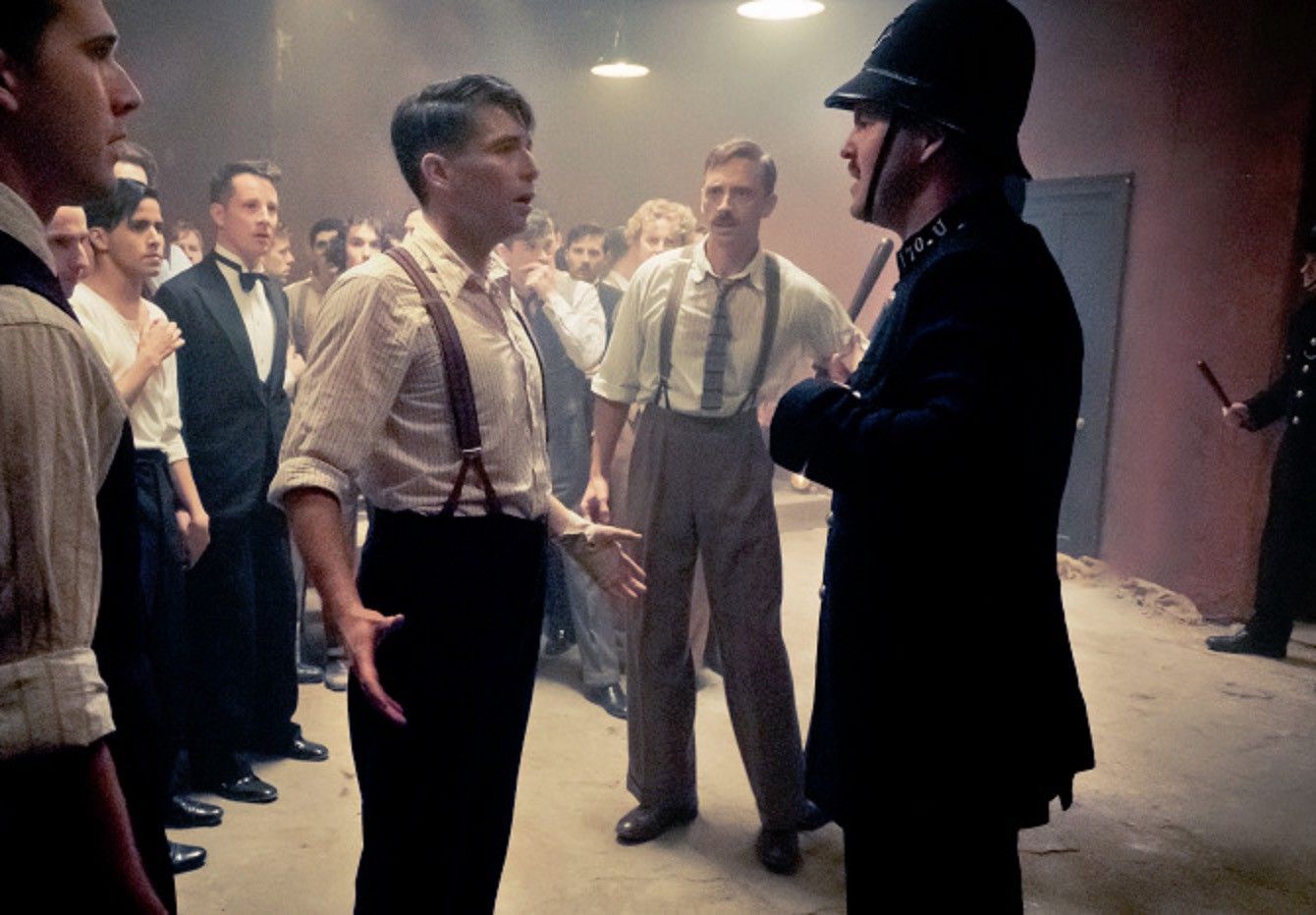
For example:
- A maid asks why people should have baubles worth more than she makes in a year. Another maid simply replies ‘it’s not yours’.
- A gay man is arrested and gets out using a royal business card. Dozens of other men remain arrested.
- An illegitimate daughter wants to dance at a ball, so Tom Branson bravely takes her to dance outside, where no one will be embarrassed.
- A princess in a bad marriage learns that what’s important is staying in the marriage because propriety.
This is very much like Ellen saying that it is important to sit with people with different opinions — on the mutilation of brown bodies. On the surface there’s politeness — enjoying a game with someone — but underneath that heaving edifice there are bodies and tears and death. The luxury box she was sitting in was bought with the oil wealth of Jerry Jones, literal blood money that is destroying the Earth. That she was sitting next to a literal war criminal is really just icing on the cannibal cake. The whole system is rotten, and it is little ‘kindnesses’ like hers that prop it up.
But lets get back to Downton, which has the relief of not being real people.
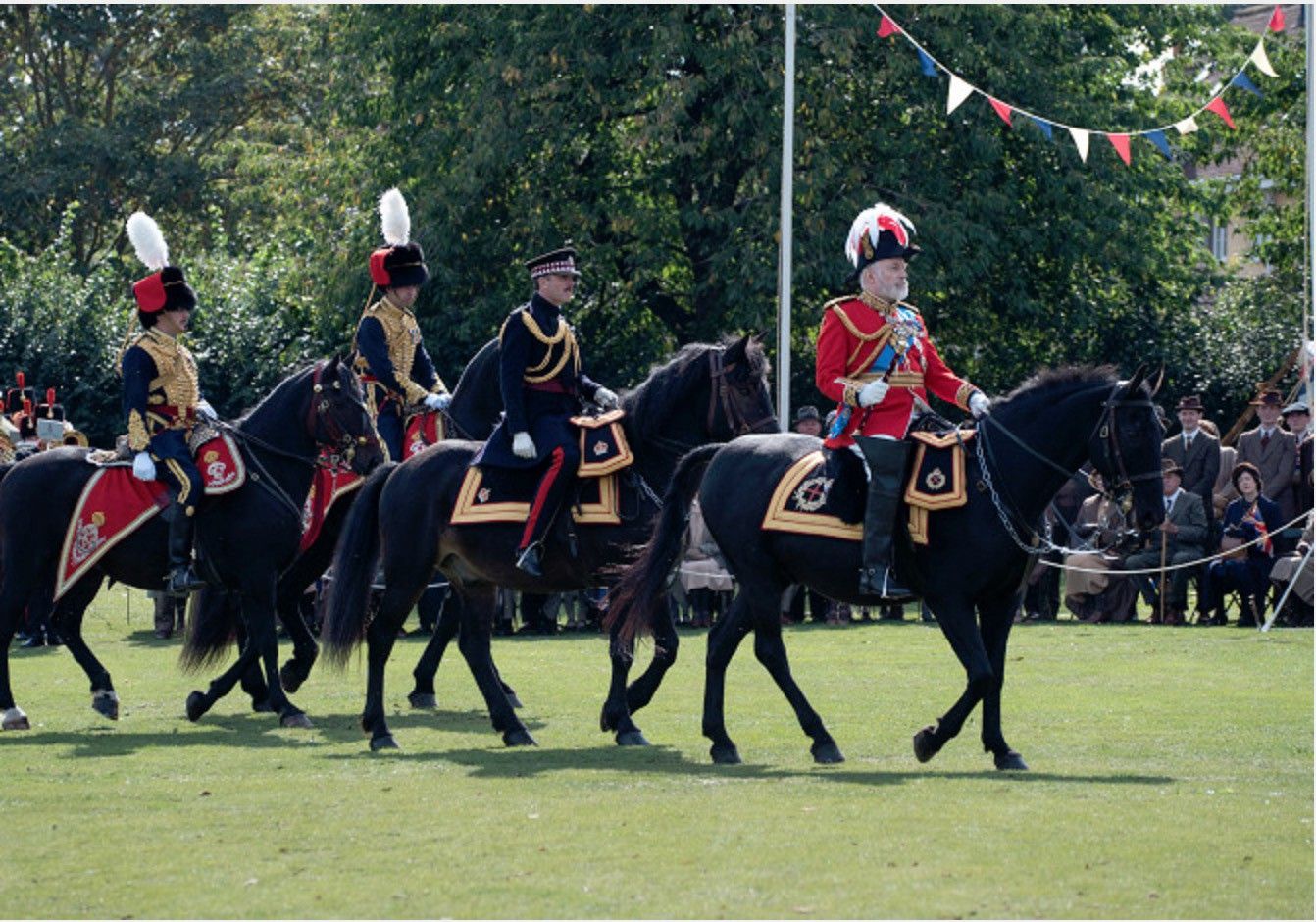
That (and every) empire is propped up not on the justice of its cause but simply the awkwardness of resisting it, and of course the violence than underlies it all. Even that is ritually communicated, as the king inspects a regiment of hussars in full view of the public. It is like showing the whip to a body of slaves, and they cheer and clamor closer.
Deeper still is the casual colonialism in the film. People casually mention the colonies and Boer wars as a backdrop for personal dramas, but these were very real events.
The film is set in the early 1900s, just after the British ran concentration camps in South Africa and around the Amritsrar Massacre, where they shot hundreds of unarmed, hemmed in protesters.
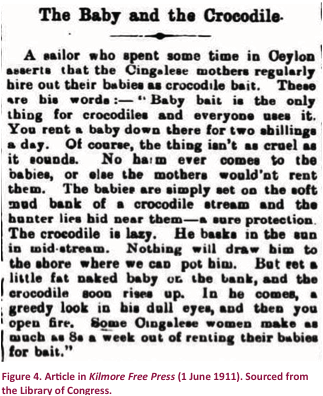
Then there was the daily atrocity of colonialism, occupying millions of people to steal trillions of today dollars in wealth, setting those places back for generations. In Downton Abbey, all this is just a backdrop for someone to try and wriggle out of a colonial tour to be there for their baby’s birth. At this time, of course, the British were using brown babies for crocodile bait in my native Ceylon.
This is the banality of evil. This is how it makes us all participants in our own oppression. Downton especially shows the lower classes begging their betters to keep the edifice going. To somehow keep the extractive house alive.
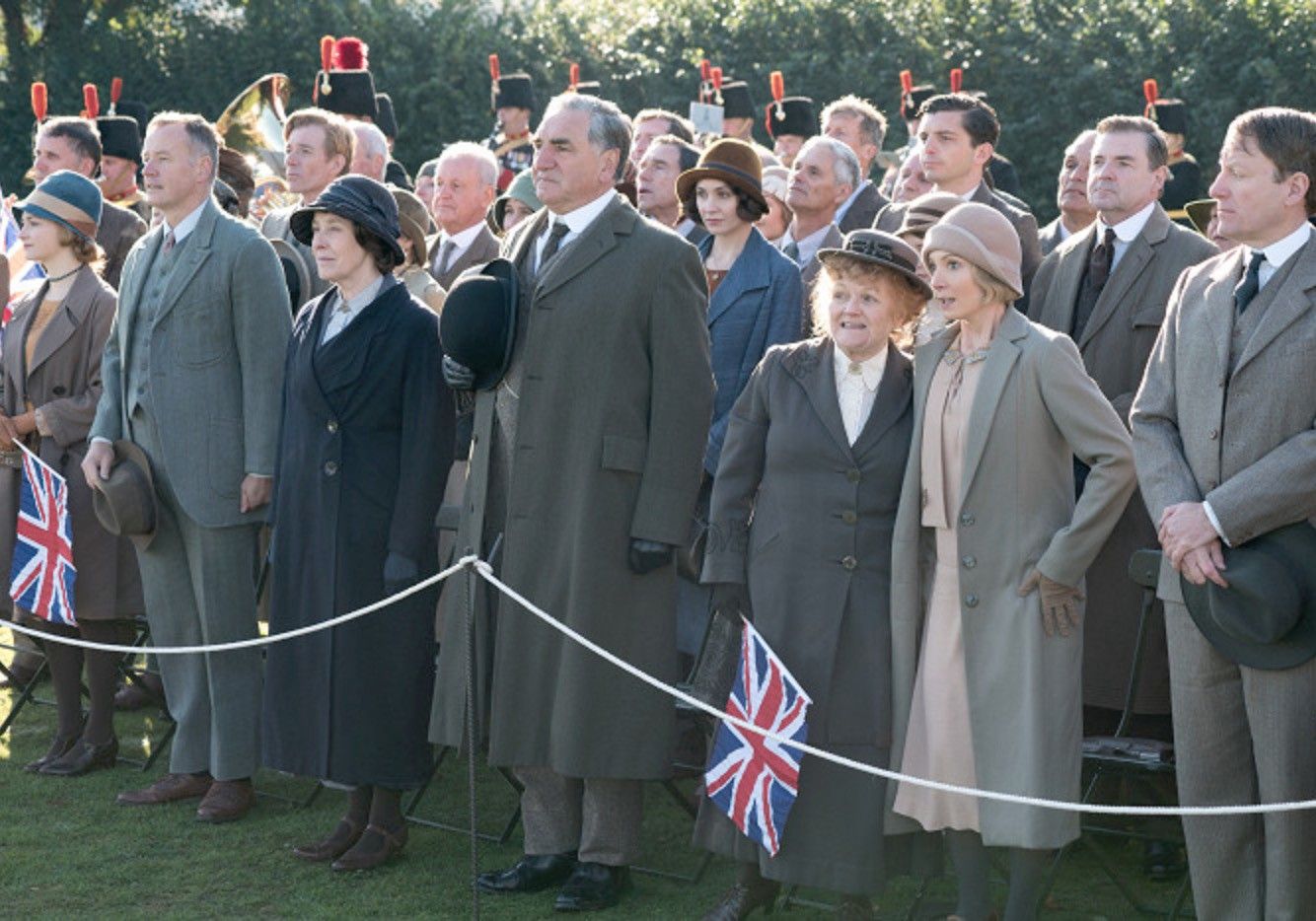
The film shows us a few people being polite and lithely papers over the oppression and injustice the whole system is based on. Ellen shows us how state murder can be chalked up to ‘different opinions’, and washed down with champagne brunch.
It’s strange watching a film, liking the characters, and yet wishing for the whole thing to burn. It’s strange watching a liberal talk show host and wanting the whole luxury box to be shot into space. That would certainly be rude, but not necessarily an atrocity.